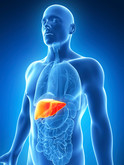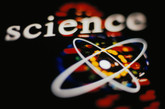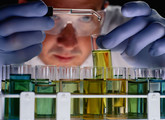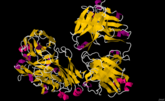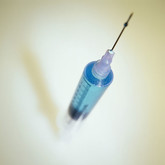Biosimilars/Research
|
Posted 31/01/2014
Hepatitis C virus (HCV) infection affects 150–180 million people worldwide each year, killing an estimated 350,000. The considerable cost of treatment – US$ 10,000–US$20,000 per patient for a 48-week course – presents an insurmountable barrier in developing countries, where the disease burden is greatest. Barbara Milani and Sara Gaspani of Médecins Sans Frontières, Geneva, Switzerland, have collected information on biosimilars and other alternatives to the current recommended treatment, pegylated interferon alpha (in combination with ribavirin) [1]. With these findings, they hope to accelerate the search for feasible, accessible alternatives to current therapies.









